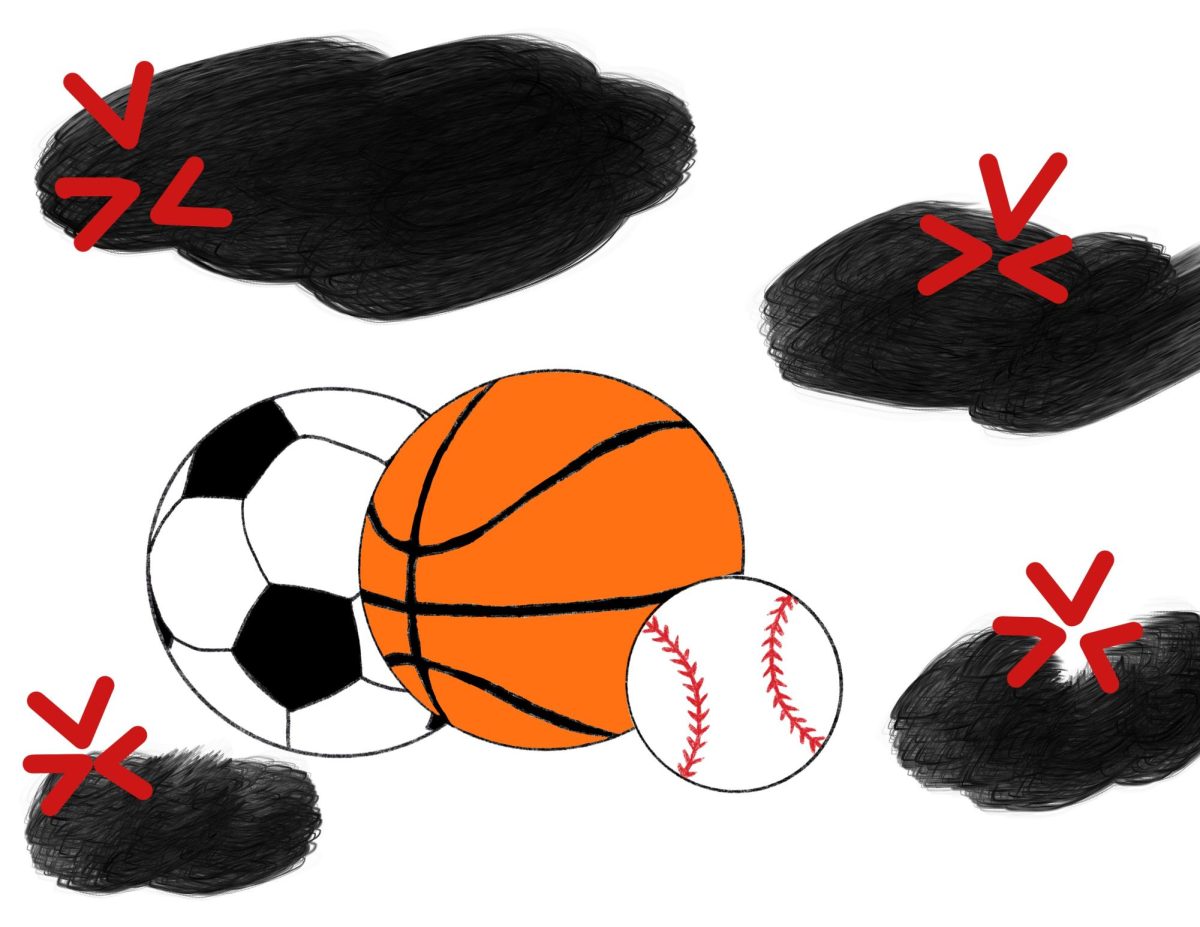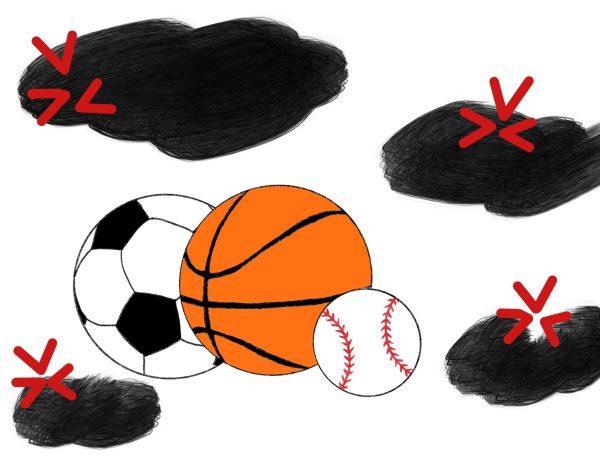We Don’t Do Enough for Mental Health
A student is cramming for a test late at night, having already done homework for hours and still having hours more ahead, wondering how they are going to get all of it done. They are tired, frustrated, and stressed, knowing they have much more to get done before they can rest, and more work will be assigned tomorrow. This is the reality for students everywhere.
Students undergo tremendous amounts of stress with the amount of schoolwork and homework they are given daily. Many students do not have time to see their family or pursue their passions, since they are stuck doing homework for hours after school. With the work comes tests and quizzes and projects that usually account for much of a student’s grade. After the work is done, many students pressure themselves about their grades, while trying their best to maintain their schedule.
According to the Pew Research Center in a 2019 study, “61% of teens 13-17 years old say they are under a lot of pressure to produce good grades.” This is a draining cycle that does not even stop during school breaks. Weekends, holiday vacations, and even the summertime almost always have at least some work that needs to get done. Students cannot even enjoy their “free-time” because this, too, is filled with work.
“School can be so stressful sometimes that I cry,” said sophomore Isabella Martinez. “There’s so many assignments and tests to study for. I can’t imagine what others could be feeling.” Martinez believes that giving students even a single week without work could “bring students some peace and time to clear their minds.”
High stress can put students’ mental health at risk. According to The Washington Post, “75% of high schoolers and 50% of middle schoolers described themselves as ‘often or always feeling stressed’ by schoolwork.” According to the CDC, “More than one in three high-school students had experienced persistent feelings of sadness or hopelessness in 2019,” which is a whopping 40% increase from 2009.
Homework is not the only stress inducer in students’ lives, but it is definitely the icing on the cake. Many high school students have a job to bring a financial source into their family and/or to save money for college. Upperclassmen work on college applications and have extra work on top of their class assignments. Many students also have to take care of their younger siblings. All these responsibilities leave little time for homework, not to mention after-school activities and extracurriculars.
Freshman Brianne Lamoreaux thinks that students’ mental health is a serious concern. “The amount of work that students get can lead to depression, and the workload should be decreased,” Lamoreaux said.
There are also circumstantial events that may worsen students’ mental health and should be taken into consideration. For example, the COVID-19 pandemic made the past year-and-a-half extremely stressful. Constantly changing rules and mandates and rules make it difficult for students to keep up. Not to mention, it was exceedingly hard for many students to learn via remote instruction. Current freshmen and sophomores have never gotten a chance to take standardized exams like the Regents and FLAX. This adds more stress and worry, since the absence of test scores is a negative in the eyes of college evaluators.
What can schools do to help? There are many things the school can do to improve mental health. For example, students can help create a “wellness room,” like the one that was made at North Middle School. This would provide a safe and calm space for students to get their work done, and it would allow for a break from the hectic and loud school.
The school can also institute mandatory “no homework weekends” for the entire school. A school district in New Jersey scheduled three no homework weekends throughout the school year. “We hope this will lead to healthier students, employees, and families,” the school superintendent said. This would give students time to enjoy themselves and have fun, without having to worry about due dates and tests.
Students’ mental health should be considered more of a priority. Students bend over backwards to finish all of their work, and as soon as they take a breath, they have more to do. It is a never-ending cycle that needs to be improved in the coming years.

I am a member of the Class of 2024 as well as a managing editor for Horizon. I like to write, read, sing, and act. One fun fact about me is that I love...





































